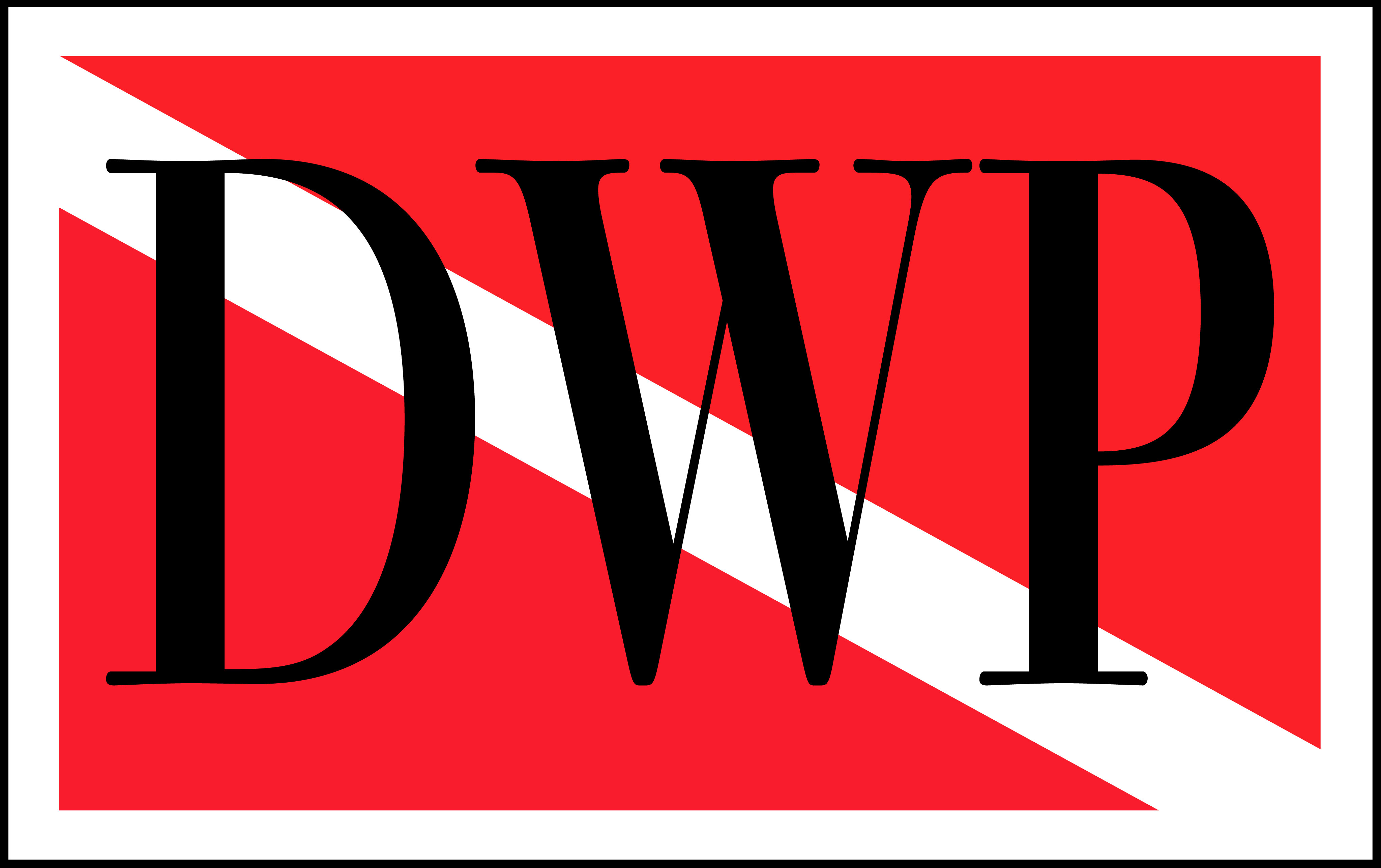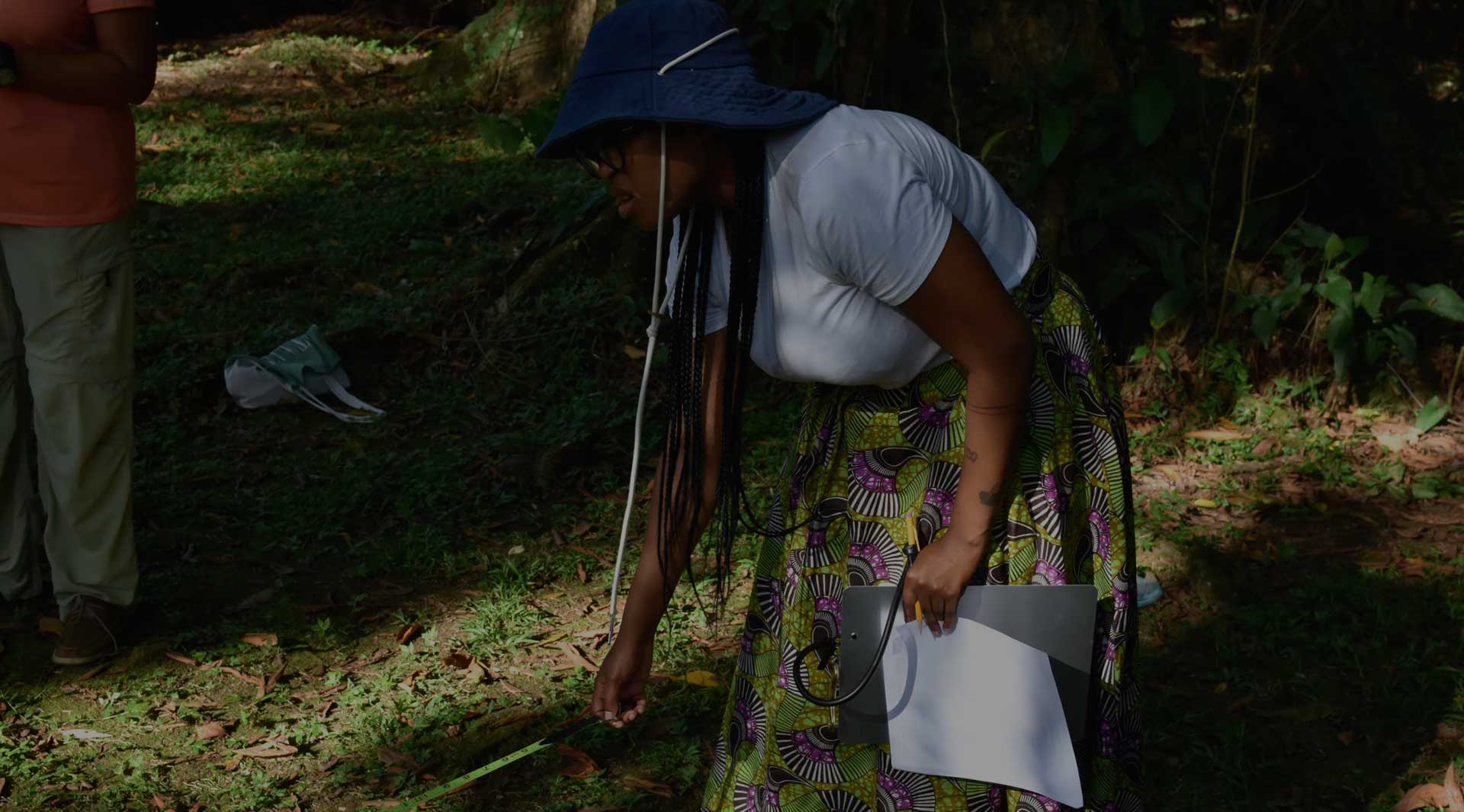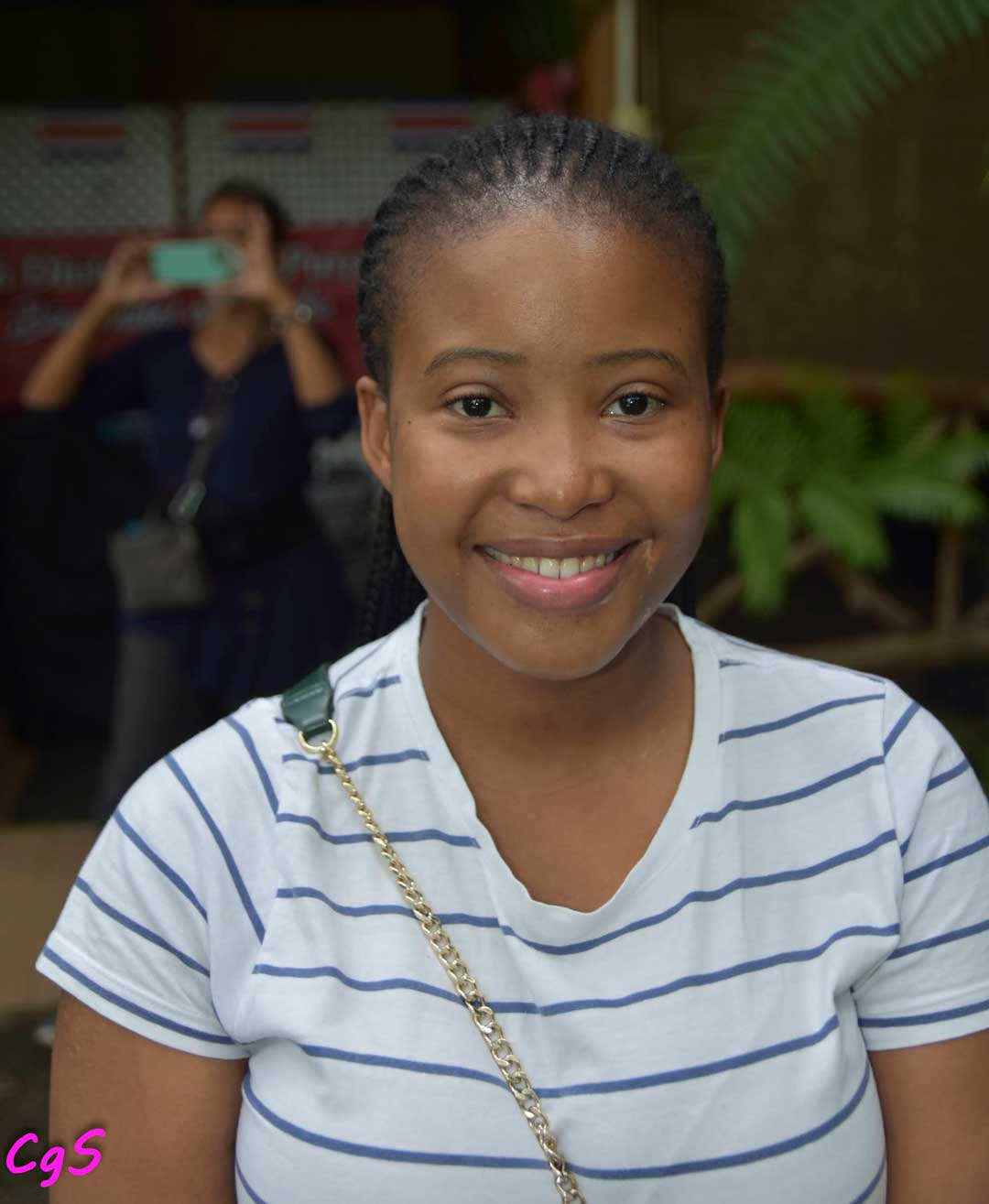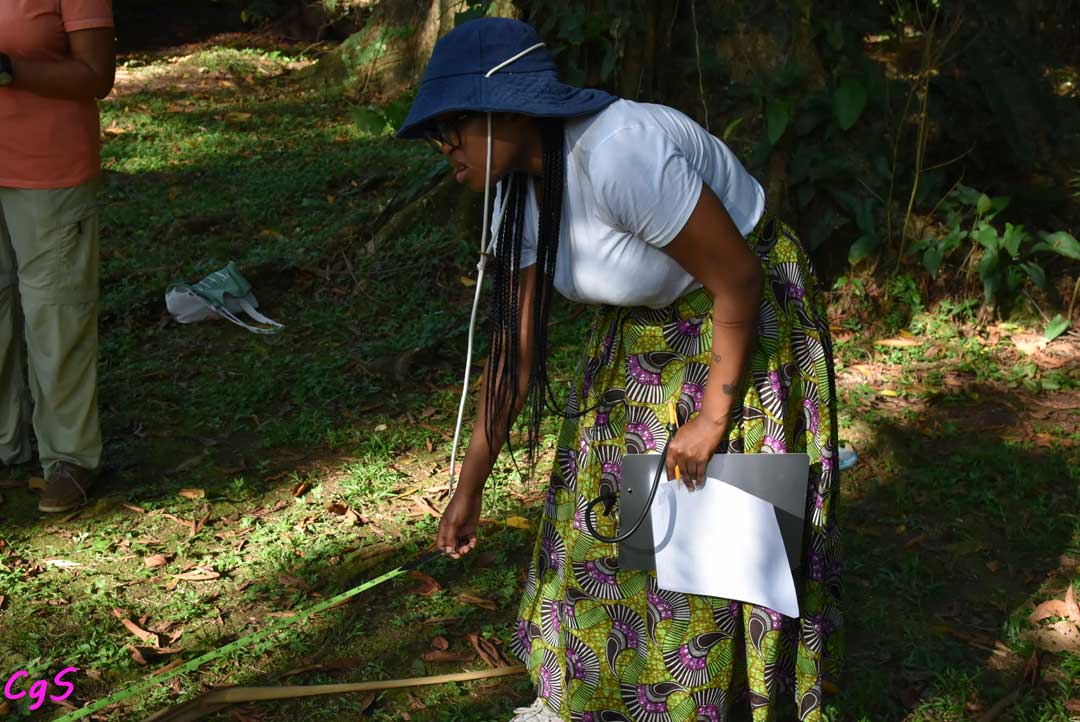Interviewed by Anumi Sassaroli Oriana,
Kimerudi is a filmmaker and documentarian, she is a dive master and advanced free diver, she does wildlife filmmaking and underwater photography. At the moment she’s working on a two-part series each episode an hour long.
The first episode of this docu-series is about how she became a divemaster, telling her story about when she learned how to scuba dive with NEWFS which is an African Women nonprofit organization that teaches young women how to scuba dive, and how to become dive master.
And the second episode of the documentary is about the BlueStreak cleaner wrasse. The species that cleans other fish, turtles, whales, sharks, etc. They are in charge of eating all of the bacteria and parasites, therefore they play a crucial role in the health of the underwater ecosystem.
What are your reflections on Costa Rica?
What did she think about the course? She thought it was very thorough and easy to follow along, but still felt that she was learning something very important. The communication, and the preparation where excellent. She said that she really learned about the importance on why we are doing the work, and how we are contributing towards history and the recovery of it. It was so interesting to see the different methods of data recollection such as the ways in which we measure, and understand all the objects in relation to the boat, the idea of where things are and how they are place, why they are there, who was there, and piecing it all together so we can therefore get the history of the shipwreck.
Kimeridu said she really appreciated the encouraging feedback and how everyone was helping each other understand what they were doing, she’s very motivated to keeping in touch with maritime archeology and specially this part of maritime archeology. She’s interested in going back to South Africa and helping more people learn about their cultural heritage.
Next, I asked Kimeridu what where her expectations before going:
She paused and answer very thoughtfully that anxiety was one of her initial emotions, before the trip but this is a natural emotion we all have when we are starting something new. She also didn’t dive for some months before this trip so this was also on the back of her mind as well.
I then asked her how did she felt about the country and age barrier, because she was one of the youngest DWPers. She then stated that the she saw how the knowledge has transcend generations, especially when we were all able to come in together for the same purpose. In regards to the Costa Rican climate she stated that humidity and the heat was at first a little bit overwhelming, nevertheless she found this new place very welcoming and peaceful, the food was amazing she said, the people, the culture, the music, the liveliness was outstanding. She said that the most incredible thing was the howler monkeys, she stated “They are so loud but you couldn’t see them, it was scary but amazing”.



